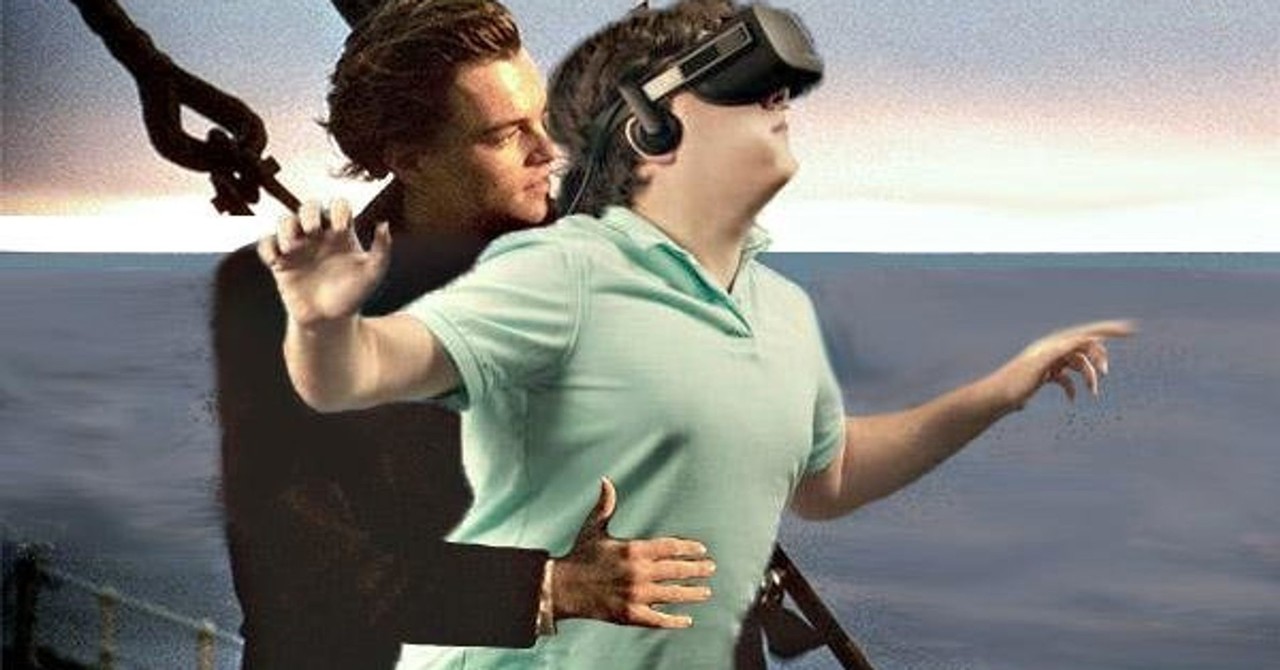The Influence Paradox

What we say doesn't always align with how we act.
It's cognitive dissonance: our thoughts, feelings, and actions aren't in sync.
Here's the Influence Paradox: we don't want to be gamed by the seemingly artificial and arbitrary measures of what's popular, but we are entirely reliant on those measures.
For those still spending time on Facebook (FB), how often do you see friends ask what to watch on Netflix (NFLX)? These friends don't just want Netflix's algorithms to recommend what's popular. They want to know others who are watching those shows.
I know where my own guilt lies here. I watch Marvel movies in part because they're fun, but largely because they fit in that sweet spot of the Venn diagram between what entertains me and what everyone else watches. If I only care about what entertains me, I might be too far removed from peers' conversations. If I only care about what everyone else watches, I'll be stuck spending time with shows like "Game of Thrones" and "The Bachelor" that I can't get into.
That Venn diagram rules so much of my life, and probably much of yours.
While many Facebook and Twitter users express outrage when the algorithms are adjusted, very few people even attempt to see the firehose version of all the most recent posts. We want to see not just what's relevant but what's popular. More of us watch golf when Tiger Woods plays not because we're so crazy about Tiger Woods but because we know this is the one time all of our non-golf-watching friends will be watching it too. We try intermittent fasting, if just for a day or two, once we see enough people we know try it (perhaps very physically fit people, but perhaps also people who are less fit and don't seem to try every new health fad). Walking down the street, we avoid perfectly good places that seem empty and instead choose to wait for a table somewhere based on the sole fact that it is crowded.
So what's the problem then? The problem is that we're also easily gamed. Content creators, publishers, tech companies, and others are all vested in gaming us - some of it with us complying willingly (no one forces anyone to watch the Super Bowl), and some of it with us being completely unaware of the sleight of hand or malicious acts behind the scenes. The grey area in the middle is massive.
To combat that, social networks and platforms are now experimenting with hiding popularity measures like the number of followers of accounts and the amount of engagement with posts. The academic side of me loves the idea, but as a user, this will annoy me. There are some accounts I want to follow and posts I want to engage with precisely because they're popular, and if a post is ten times more popular than another, I am ten or so times as likely to want to see it. I'd love to see a daily feed of all of the most engaging posts on Twitter (TWTR), LinkedIn (LNKD), and elsewhere, even if I know that having such a ranking would contribute to the artifice of those posts.
There's a famous study about music preferences where people were given groups of generally unknown songs to rank. When there was no additional context about the songs, individuals' rankings were all over the map, albeit with some range of quality standards. In the experimental condition, the music site showed how others were ranking those songs, participants' rankings shifted toward what was popular. This is the crux of Derek Thompson's book "Hit Makers," perhaps the best book on why some creative works are more popular than others.
It's also something I'm struggling with as I get into Douglas Rushkoff's book "Team Human." He takes issue with how Richard Dawkins, who coined the term "meme," used a "survival of the fittest" lens of Darwin without examining the cooperative and symbiotic nature of evolution. Yet Rushkoff is Rushkoff because he and his works are memes. His ideas spread. I interviewed him for eMarketer's newsletter nearly 20 years ago because I heard about him and saw him speak, and he was a headline act at the recent Techonomy conference because he and his ideas draw people in. I don't think Rushkoff is trying to become a meme; maybe he's not trying hard enough. But I would wager he wouldn't mind if his economic ideas spread as widely as those by Elizabeth Warren, or if his ideas about culture were to influence the major Hollywood studios, or if his books were routinely touted in the annual Bill Gates reading list. It's like how my Grandmom Esther would say, "I'll love you if you're rich or poor, but would it hurt so much to be rich?" Would it hurt so much to be a meme?
I'd love it if Rushkoff was more popular too. I like the fact that I was wearing Allbirds before pretty much anyone in New York, even if I only started wearing them after I was influenced by a Business Insider article that was advertised on Facebook. It's the epitome of the artifice of influence! And yet...
So what do we do? What cues do we get rid of? What cues matter?
I don't know. That's one of the reasons I'm hosting an event on influencer marketing this week. Please, if you're in New York and free Thursday night, join us (you can even use the code 40off to make it easier, or just come as my guest - I'll register you). I would love to have more great people in the room joining Jennifer, Dalia, Brandon, and Jordan. Let's come up with some more ideas and make them spread.
Disclosure: None.



